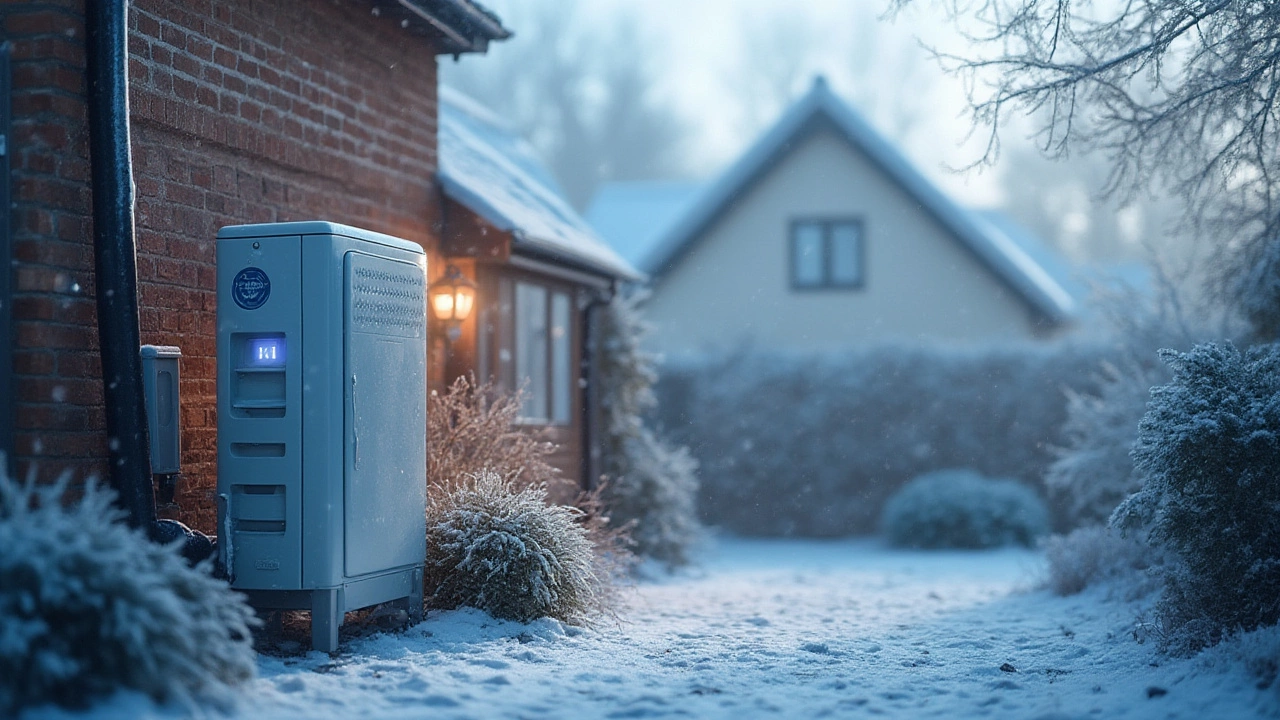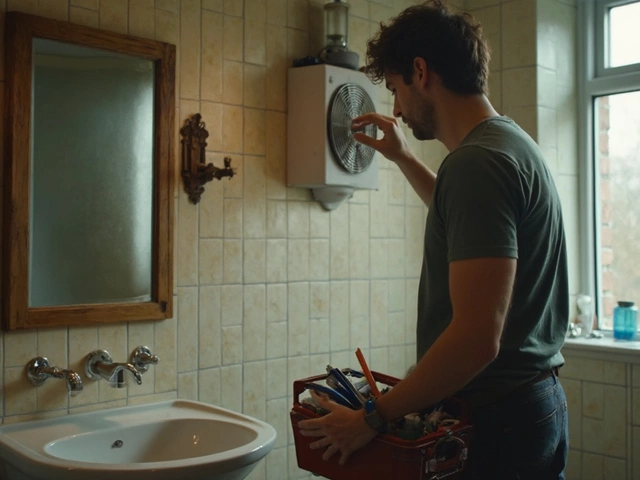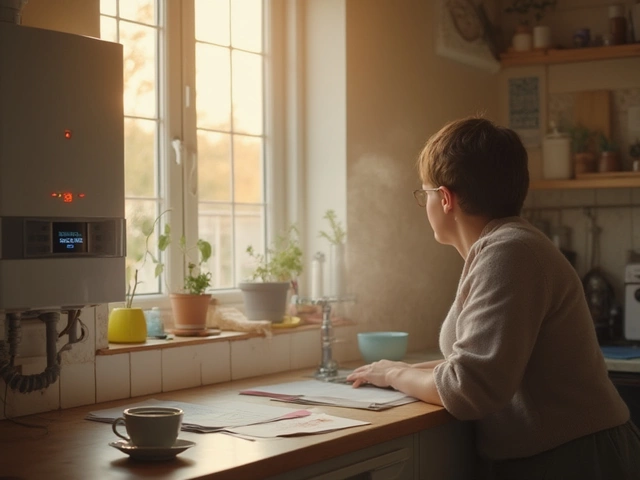Ever wondered why your heat pump feels sluggish on a cold night? Most of the time it’s not the unit itself but how it’s being used. Small tweaks can shave off minutes of waiting and drop your energy bill. Let’s walk through the basics so you can get more heat for less power.
Efficiency is the amount of heat you get for the electricity you put in. A high‑efficiency pump will warm your house while sipping power, whereas a sluggish one burns extra juice and raises costs. In the UK’s variable climate, a few degrees of extra heat can mean big savings over the winter months.
Keep filters clean. Dusty filters choke airflow and force the pump to work harder. Check them every month during peak heating season and give them a quick vacuum or rinse. A clean filter is the cheapest performance boost you can make.
Set the thermostat right. Turning the temperature up a degree or two might feel comfortable, but it can increase electricity use by up to 5 %. Try setting it to 18 °C (64 °F) and use a blanket or a sweater for extra coziness. Most modern units also have an “eco” mode that cycles the heat more gently – let it run.
Make sure the pump is sized correctly. An oversized unit will cycle on and off quickly, losing efficiency each time. If you suspect a size mismatch, ask a qualified installer to run a heat loss calculation. The right size runs longer, smoother, and uses less power.
Check refrigerant levels. Low refrigerant reduces the pump’s ability to move heat. If you notice the unit running longer than normal, call a technician to check the charge. It’s a quick fix that restores performance.
Seal gaps around ducts and vents. Air leaking out means the pump has to replace heat it never delivered. Use foil tape or mastic to seal joints, and consider adding insulation to exposed ducts in the loft.
Schedule annual maintenance. A professional check‑up catches worn parts, calibrates controls, and cleans the coil. Most companies offer a service visit for under £100, and the peace of mind is worth it.
Use timers or smart controls. If you’re out all day, set the pump to a lower setting or off entirely. When you’re due back, a timer can bring the house back up to temperature just before you arrive, avoiding a long warm‑up period.
By tackling these simple steps you’ll notice a steadier temperature, fewer strain noises, and a smaller energy bill. The goal isn’t to overhaul your whole system overnight – just to keep the basics in check and let the heat pump do what it was designed to do: move heat efficiently.
Got a specific issue you can’t solve? A quick call to a local expert can save you hours of guesswork. Remember, a well‑maintained heat pump is not only kinder to your wallet but also helps the environment by using less electricity.

Wondering what temperature makes a heat pump stop working well? Learn the cold limits, key facts, and expert tips for running heat pumps in harsh winters.

A failing water heater element can leave you in the chilly lurch just when you need a warm shower. Learn how to diagnose the problem with simple, straightforward steps. This guide covers common symptoms, testing methods, and practical tips for handling a faulty element. We'll explain what's involved and offer insights for DIY repair or knowing when to call a professional.

Thinking about swapping out your old extractor fan? This guide digs into how easy (or not) it really is to replace an extractor fan in your bathroom or kitchen. Get the lowdown on what tools you'll need, common surprises people miss, and what makes some fans trickier than others. If you're not sure when to call in a pro, we've got your back there, too. Get ready for a clear, no-nonsense breakdown.

Discover when to worry about your boiler, warning signs to watch, and smart tips for safe use. Get practical advice to avoid major boiler headaches.

Navigating the world of cooker repair can seem daunting, but armed with the right knowledge, it becomes manageable. This article explores common issues faced by cookers, signs that suggest whether repair is possible, and steps on how to approach fixing these vital kitchen appliances. By identifying whether a do-it-yourself fix is feasible or when to call in a professional, you can make informed decisions about your cooker. Learn about maintenance tips to prolong the life of your cooker and keep it working efficiently.

Is it possible for a hot water heater to last 30 years? Here’s a detailed look at what determines water heater longevity, what rare cases look like, and how you can extend your heater’s life with smart habits.